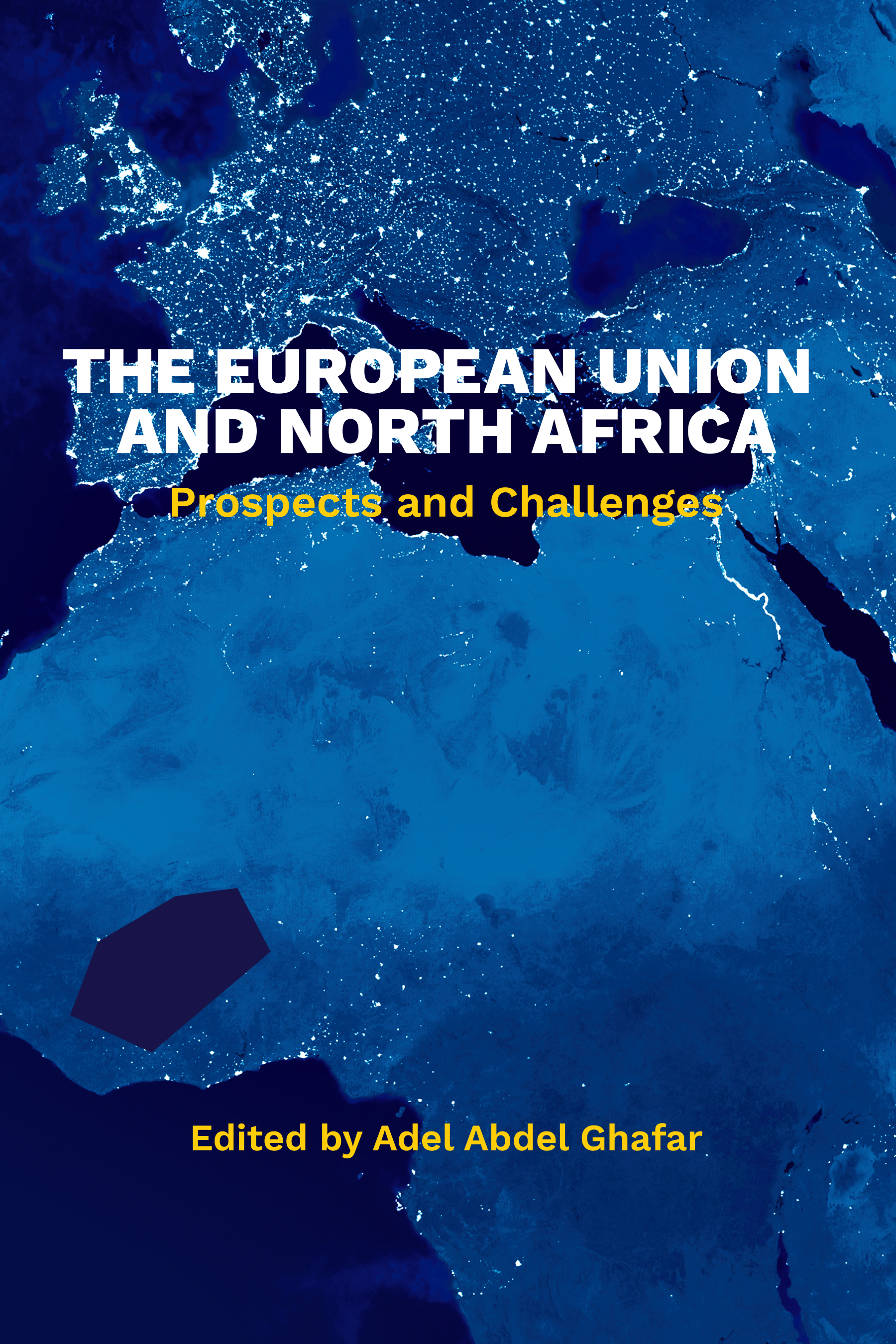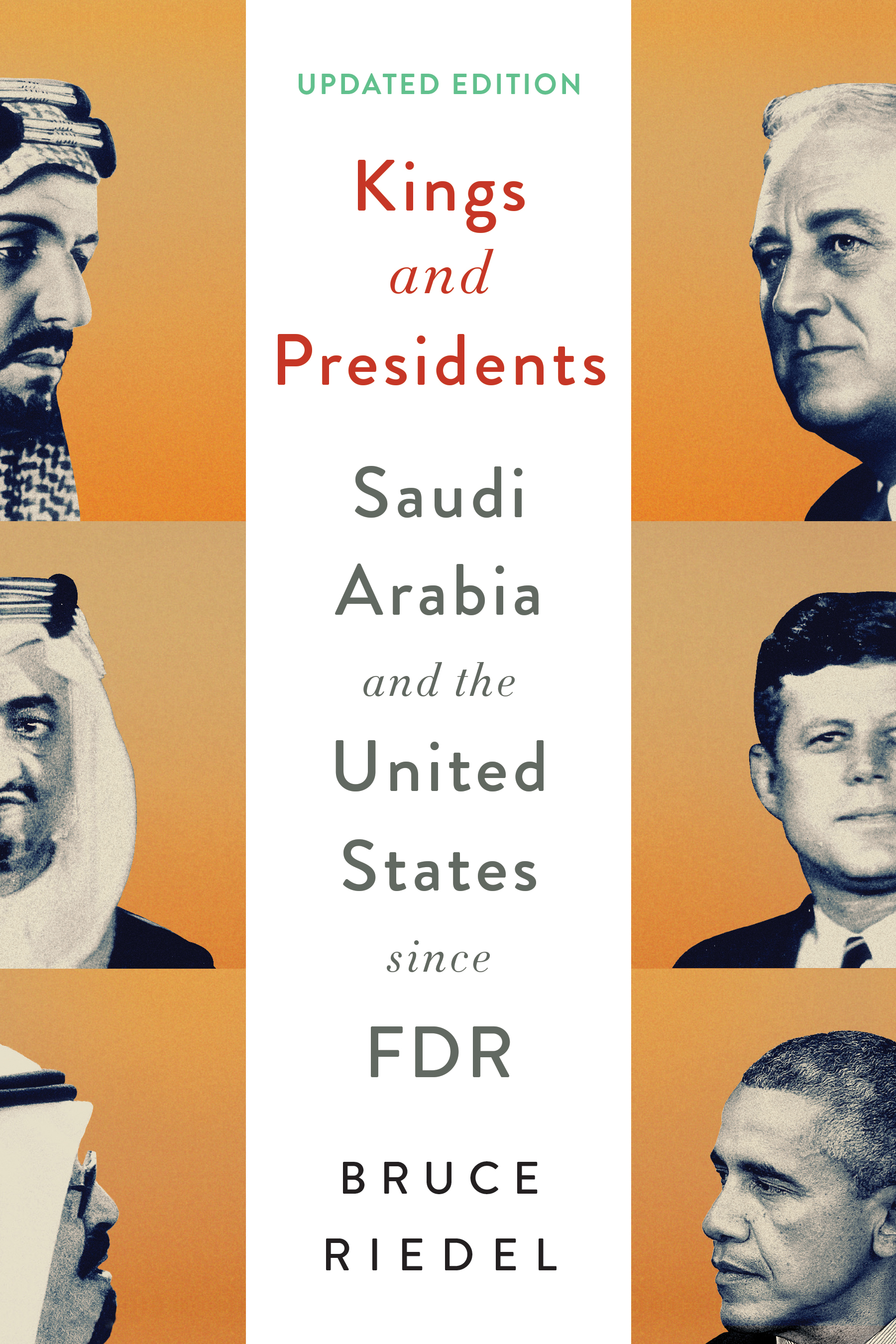Imagine if Franklin D. Roosevelt had taken to calling Adolf Hitler the “leader of the National Socialist Aryan patriots” or dubbed Japanese soldiers fighting in World War II as the “defenders of Greater East Asian Co-Prosperity Sphere.”
To describe the Nazis and the Imperial Japanese Army in terms that incorporated their own propaganda would have been self-defeating. Unfortunately, that is what many American policymakers have been doing by calling terrorists “jihadists” or “jihadis.”
While the State Department recently circulated an internal memo advising foreign service officers to avoid such terms, President Bush, Secretary of Defense Robert Gates and members of the news media continue to use them.
The word “jihad” means to “strive” or “struggle,” and in the Muslim world it has traditionally been used in tandem with “fi sabilillah” (“in the path of God”). The term has long been taken to mean either a quest to find one’s faith or an external fight for justice. It makes sense, then, for terrorists to associate themselves with a term that has positive connotations. For the United States to support them in that effort, however, is a fundamental strategic mistake.
First, to call a terrorist a “jihadist” or “jihadi” effectively puts any campaign against terrorism into the framework of an existential battle between the West and Islam. This feeds into the worldview propagated by Al Qaeda. It also serves to isolate the tens of millions of Muslims who condemn the violence that has been perpetrated in the name of Islam.
Second, these words locate the ideological battle exactly where the extremists want it to be. The terms of discussion are no longer about the murder of innocents in terrorist acts; they are about theology.
Third, when American leaders use this language it sends a confusing message to the Muslim world, showing ignorance on basic issues and possibly even raising doubts about American motives. Why, after all, would we call our enemy a “holy warrior”?
If we want to say what we mean, what terms better describe Qaeda members and other violent extremists? “Muharib” or the more colloquial “hirabi” or “hirabist” would be good places to start. “Hirabah,” the base word, is a term for barbarism or piracy. Unlike “jihad,” which grants honor, “hirabah” brings condemnation; it involves unlawful violence and disorder.
Of course, it’s probably best not to engage in these nuances at all. Which is why American leaders would do best to call terrorists by their rightful name: “terrorists.” The label may seem passé, but terrorism is an internationally recognized word for an internationally recognized crime. If we want to win a war of words, we would do well to choose the ones we use with greater care.







